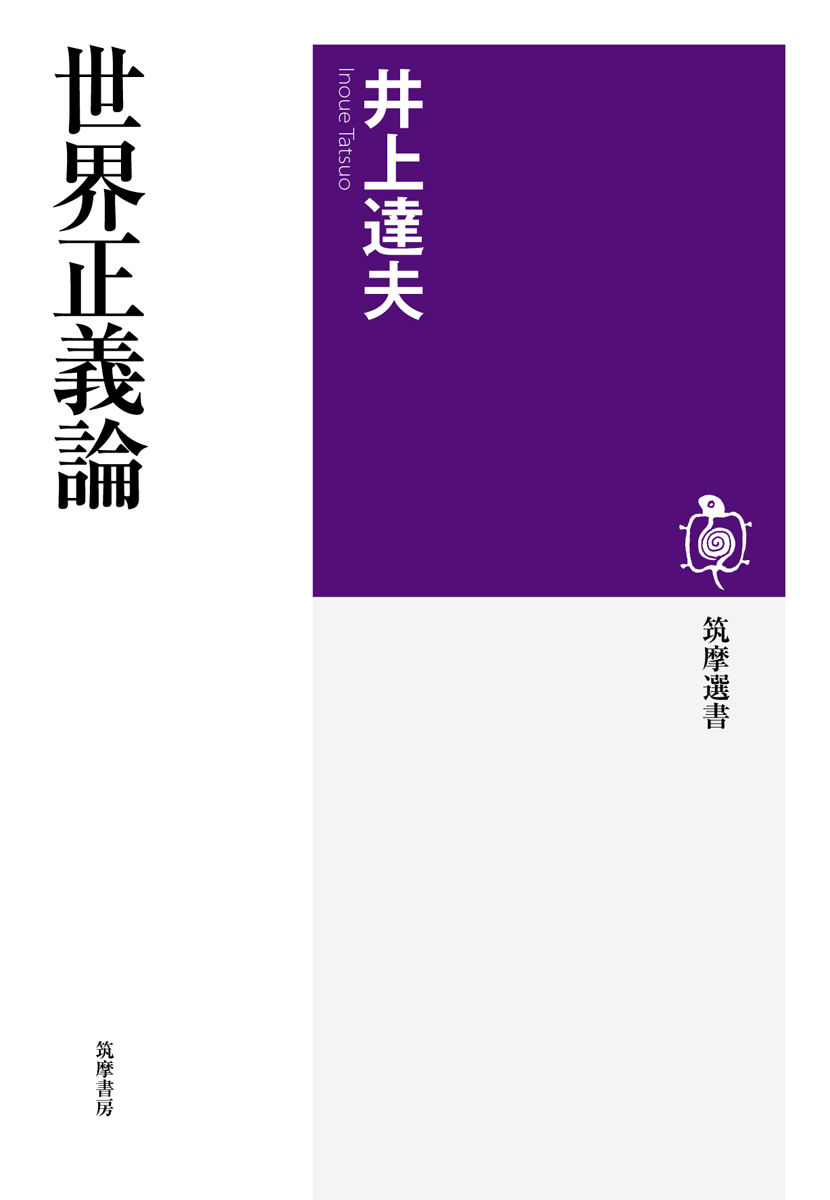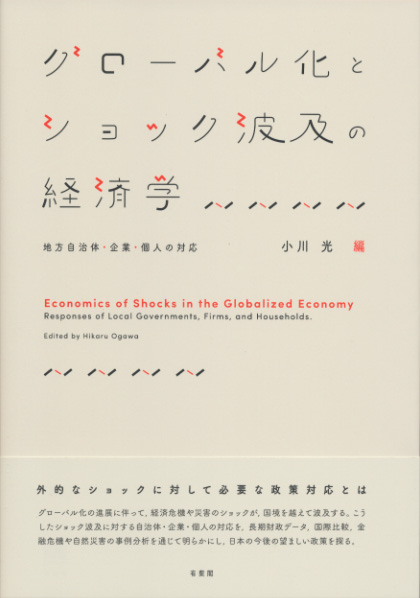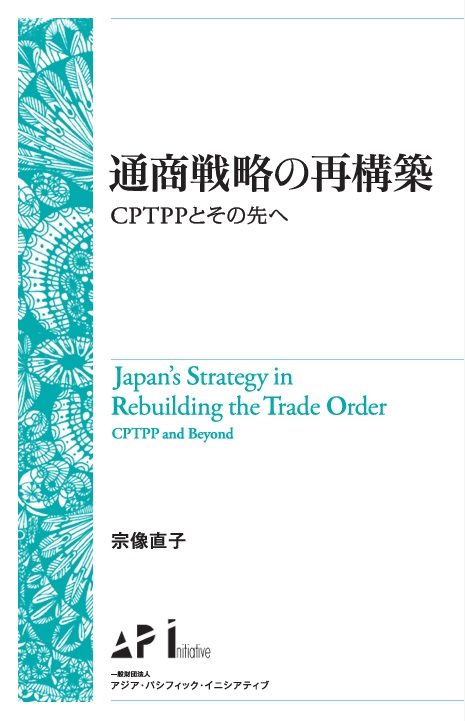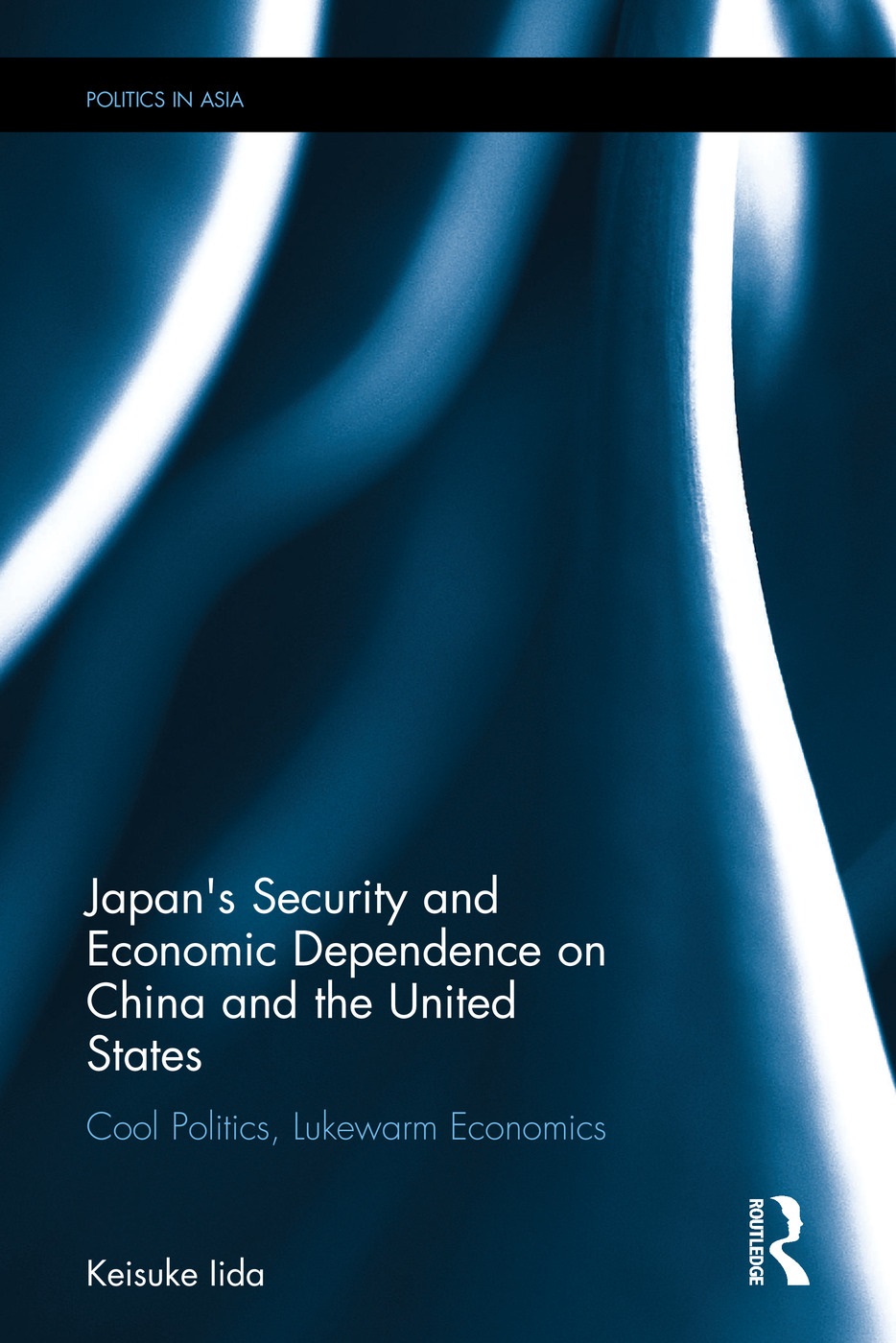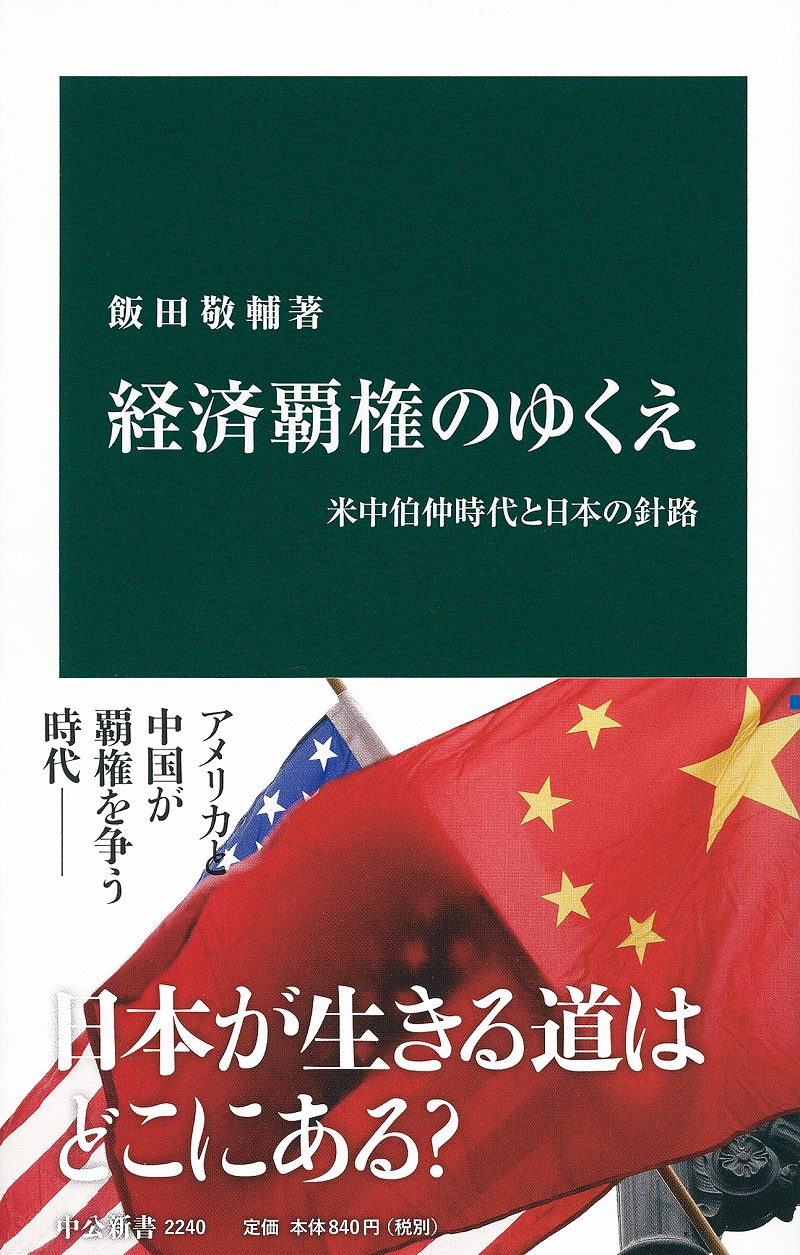
Title
Keizai Haken no Yukue (Whither Economic Hegemony? The Era of Sino-American Parity and the Guideposts for Japan)
Size
288 pages, Paperback pocket edition
Language
Japanese
Released
November 25, 2013
ISBN
978-4-12-102240-0
Published by
CHUOKORON-SHINSHA, INC.
Book Info
See Book Availability at Library
Keizai Haken no Yukue: Beichū Hakuchū Jidai to Nihon no Shinro
Japanese Page
This book revisits the theory of hegemonic stability in light of the developments that took place in the wake of the Lehman shock of 2008. Originally, it was a lecture delivered at the Faculty of Law on Homecoming Day, but after its summary appeared in the Faculty of Law’s Newsletter, it was noticed by an editor and expanded into a book.
The theory of hegemonic stability predicts that if a hegemonic power whose economy is predominant declines, the global economic order becomes disorderly. Simply put, if US economic power declined, the kind of chaos that transpired during the Great Depression would follow. A number of books and articles have already been written on this topic. When I first started writing this book, I thought that a certain degree of consensus on the topic existed in the literature; however, the more I wrote, the more I noticed that there were a number of aspects that have not yet been explored.
I concluded in the book that (1) the U.S. economy is certainly in a long-term state of decline, (2) the international trading order is becoming more region-based, (3) the frequency of financial and currency crises is increasing, (4) contrary to theory, the international regime is becoming stronger in the area of banking supervision, and (5) challenges to the existing economic order, stemming primarily from BRICS countries, remain weak.
As a theoretical monograph, the above contents would have sufficed, but since the non-academic world’s attention is riveted to the rise of China, I decided to discuss this topic as well. After the Lehman shock, all industrialized economies, including that of the United States, stagnated, while the Chinese economy showed a remarkable performance. Many observers predicted that the US economy would soon be overtaken by that of China. This book also predicted that the US economy would be overtaken by China around 2030, although this timing may be delayed due to a slowdown in growth. In the social sciences, predictions are always precarious.
One of the book’s main points is already being challenged. A key prediction of hegemonic stability theory is that the world economy will be increasingly closed as hegemony declines. However, after examining various data, I had concluded in the book that this hypothesis was not valid. In the meantime, Donald Trump won the November 2016 US presidential election. If Trump is able to follow through with even a fraction of his campaign promises, it is certain that the US economy will be closed to the rest of the world. In other words, the above hypothesis about trade would be validated. This shows how difficult it is to make accurate predictions in social sciences.
(Written by IIDA Keisuke, Professor, Graduate Schools for Law and Politics / 2017)
Related Info
Faculty Voice: Prof. Keisuke Iida “Seeking to unravel the unknowns facing the world today” (Graduate School of Public Policy, The University of Tokyo July 2020)
https://www.pp.u-tokyo.ac.jp/en/grasppers-voice/prof-keisuke-iida/
Seminar:
Keisuke Iida (Harvard), "Trump's Trade Policy: Can Theories of International Political Economy Explain It?" (Harvard University Oct 23, 2018)
https://us-japan.wcfia.harvard.edu/event/keisuke-iida-harvard-title-tbd



 Find a book
Find a book


 eBook
eBook